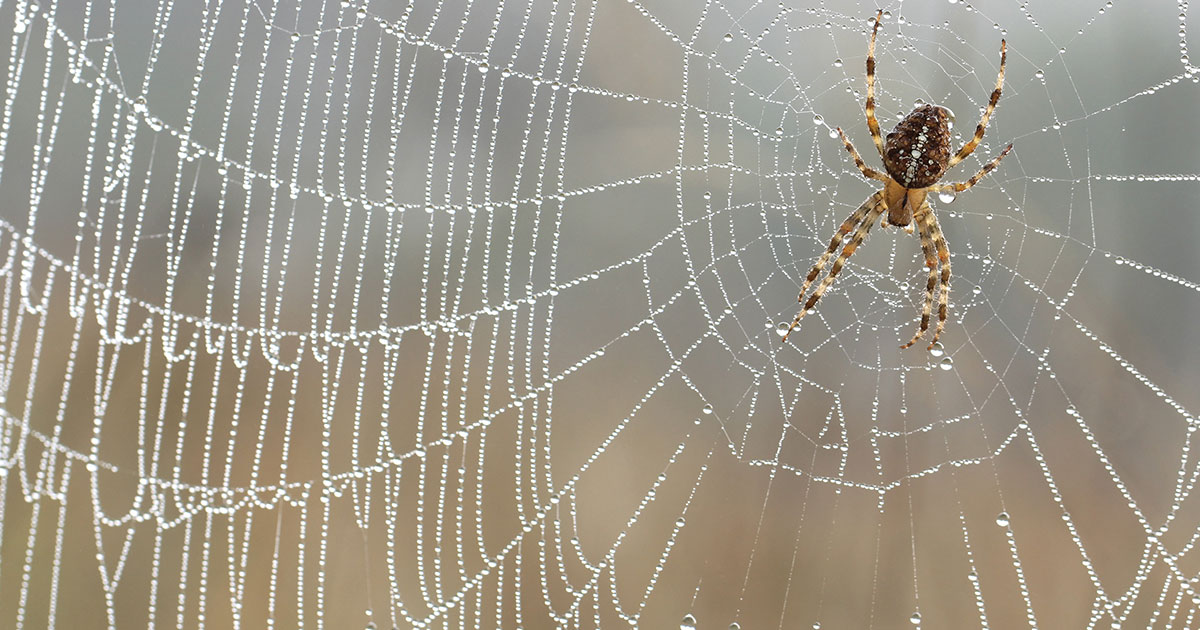It is instinctive to fear. Flight or freeze is the unconscious reaction that occurs well before the mind internalizes the moment. The psychological changes in the body by the production of adrenaline results in the need to scream, jump onto a chair, run at high speed, duck and cover the head and face, or stand immobilized. Stories coupled with experiences from long ago remain in our minds grasping the fear that a specific flying, slithering, crawling, or walking creature is within our sight.
What if your ideas about a particular insect, reptile, amphibian, bird, or animal are incorrect? Belief and personal opinion may not be the whole truth to your fear. Can our inherent nature be proven wrong?
Bees and Wasps: One bad winged insect ruins the outstanding benefits. While there may be a dislike for hornets, wasps, and yellow jackets considered either annoying or dangerous, or disfavored as nest builders, the positive implication is that the variety of bees and wasps play an ecological role in nature by assisting humans. Both bees and wasps are pollinators, increasing the yield and growth of the harvest and flowers. In February of 2019, the bumblebee is a new addition to the endangered species list, due to pesticides. Without our winged insects, the issue of parasites’ and insects’ pests would be exponentially unbearable. Imagine the insects it takes to feed their hungry brood!
Recommendations: Try and keep “sugary” foods away from the house.
- Leave their nest alone. Guards often stand by that will attack if threatened. Always wear a veiled hat if attempting to remove a nest.
- Most bees and wasps will not sting unless attacked; therefore, do not swing arms or tools to attempt to kill the bee or wasp.
Snakes: Nearly a third of adults have ophidiophobia, and will avoid particular locations and hobbies in fear of meeting a snake. Based on the characteristics of a snake, it often resorts to camouflage to protect itself from human attention. Under leaf mold or lumber, a snake will prey on populations of insects, rats, and frogs to control pests.
Recommendation: Eliminate weeds and clutter and fill gaps and holes around your house and buildings. Begin researching the various types of snakes in your area. Learning to distinguish between a harmless and venomous snake is one way to ensure all snakes can assist the environment without causing unintended harm to a passerby.
Spiders: Six percent of Americans have an animal phobia, and at the top of the list is arachnophobia. The fear of spiders affects women four times more than men. Despite their reputation, few spider bites are matters of life or death. Spiders are not blood-suckers and rarely venomous. Helpful to humans, spiders prey on insects, and other small creatures such as aphids, beetles, mosquitoes, and moths, which limit populations and the spread of disease. Look carefully at or below their webs to see the types of insects captured and devoured.
Recommendations: While spiders are a natural part of our environment and home, it is advisable to eliminate clutter in your home and dust frequently. Just remember, with the attempt to force out the house spider, you may discover a greater pest problem.
Solutions
Bats, birds, dogs, frogs, and mice are among a list of creatures in our world that people fear. Human nature is a sophisticated tool that is difficult to alter despite educational efforts and evidence of a creature benefitting humans. Just for the existence of creating webs, a house spider, who may have never ventured beyond the safety of your home may immediately be squashed simply for being a creature of fear. Sometimes, animals are worthy of our concern; yet, they deserve respect and avoidance due to their abilities to aid humans and nature.






















